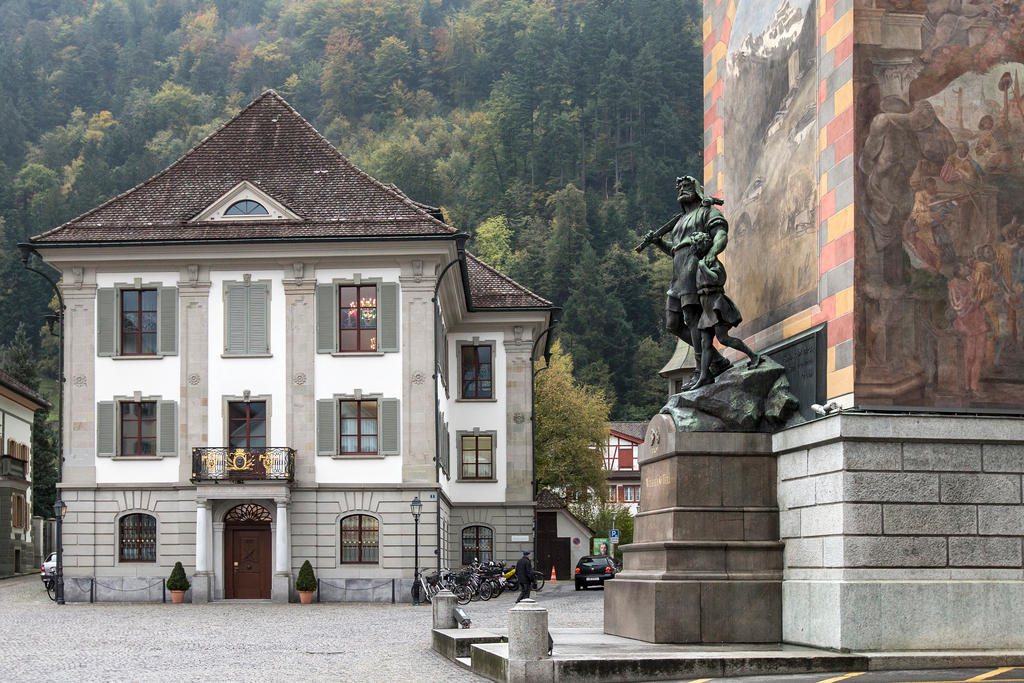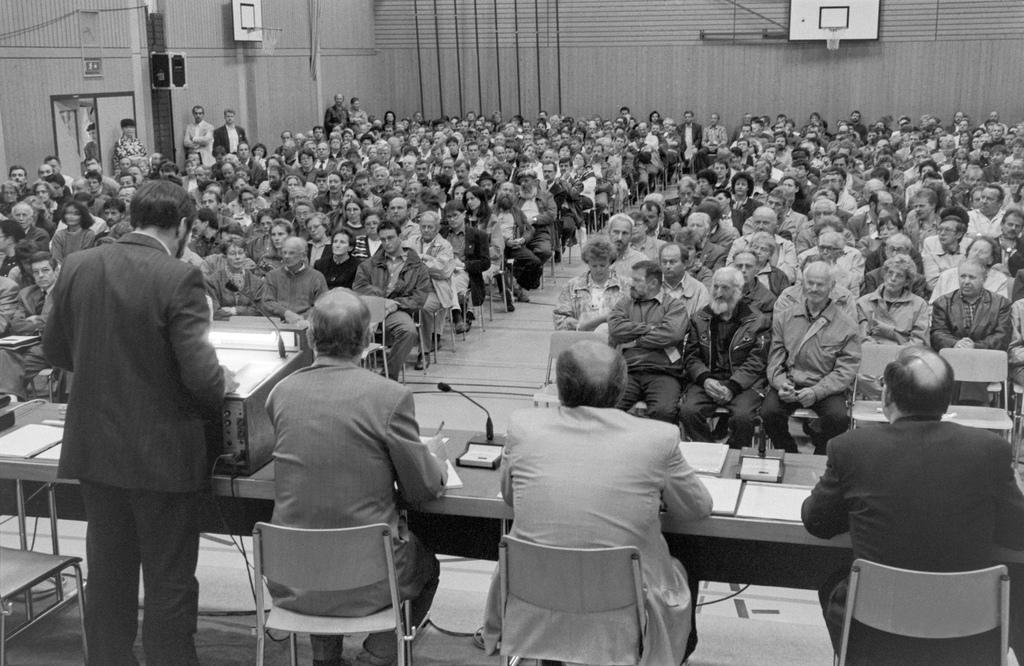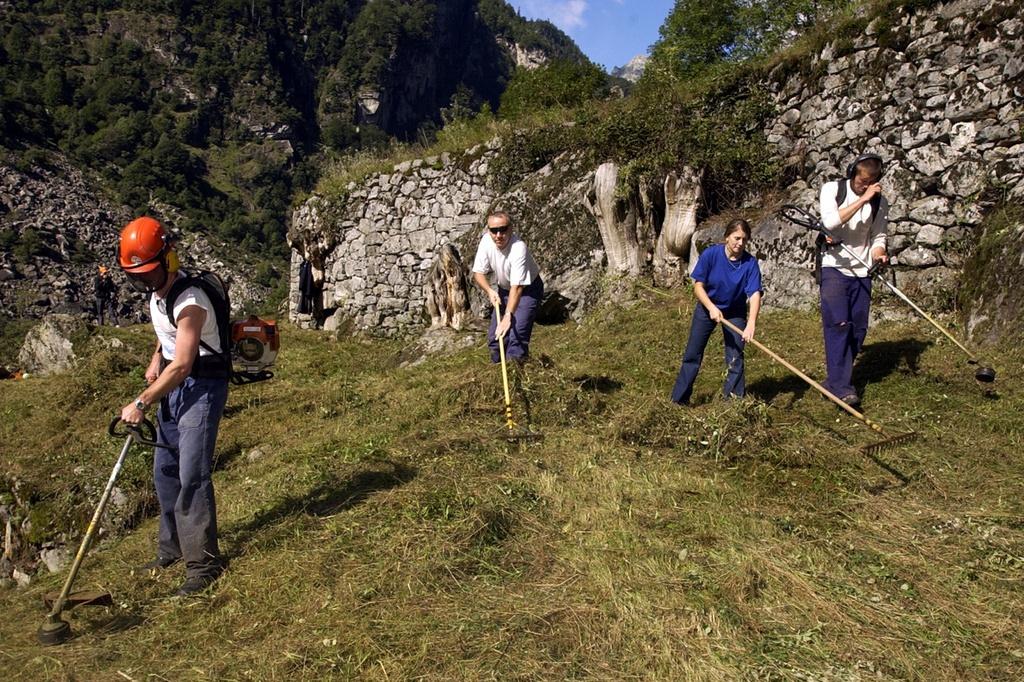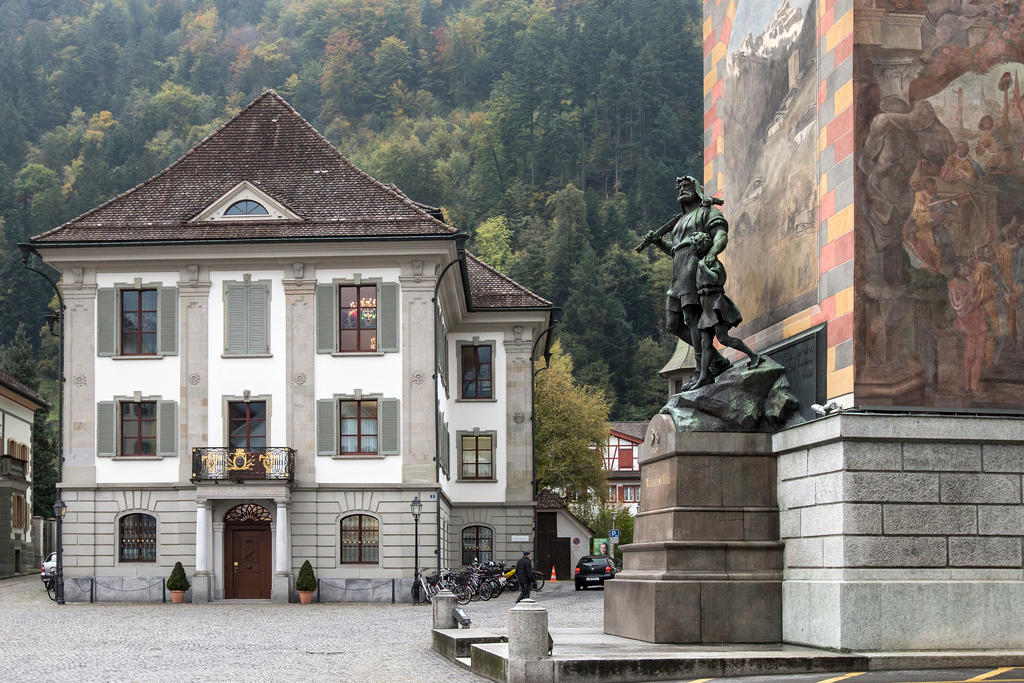Tapped for public office, but unwilling to serve

A growing number of Swiss municipalities have been struggling to find enough candidates that are willing to stand for political office, and as a last resort some of them have been exercising a little-known power that they wield – the ability to force people into public service.
Switzerland’s tradition of non-professional, “militia” politics at the local, cantonal and national levels. It is a system that largely depends on the voluntary participation of its citizens.
When that doesn’t happen, communities can force citizens to serve on a local council.
Municipalities with between 5,000 to 10,000 residents are particularly hard hit by the declining interest of citizens to be active as part-time members of the local authorities, says political scientist Claude Longchamp.
He blames the problem on the stress of modern lifestyles. As people become more mobile, the workplace is rarely close to where people live, giving people less time to participate in politics among Switzerland’s more than 2,300 municipalities – a pillar of the three-tier local, cantonal and federal political structure.
In eight of Switzerland’s 26 cantons, however, municipalities have the power to appoint a citizen against his or her will to sit on a school committee, for instance, or serve on a local council. In one of these cantons, Schaffhausen, voting is also compulsory.
Voters in canton Uri recently decided to maintain the mandatory political service and also set a fine of CHF5,000 ($5,080) for those that refuse to accept the mandate.
Subterfuge
The story of Johanna Tschumi is a prime example. She was elected to the local council of the village of Bauen in central Switzerland in 2008, even though she was not a candidate for the position.
The local authorities refused to accept the professional and health reasons she cited for being unwilling to serve. In the end, Tschumi had to resort to a subterfuge – involving a temporary change in her postal address.
The result was that other newly-elected citizens followed her example and Bauen, a small village with about 150 residents on the southern end of Lake Lucerne, had no functioning local government for a while.
If you want to know how the story ended, read the original text in German by swissinfo’s Sibilla Bondolfi.

In compliance with the JTI standards
More: SWI swissinfo.ch certified by the Journalism Trust Initiative
















You can find an overview of ongoing debates with our journalists here . Please join us!
If you want to start a conversation about a topic raised in this article or want to report factual errors, email us at english@swissinfo.ch.